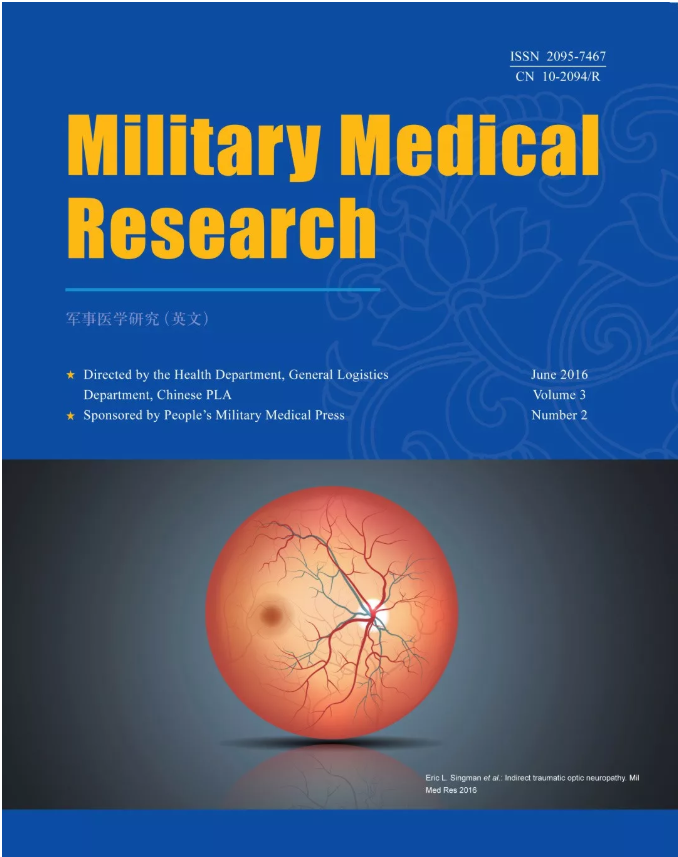脑电图分析方法在神经科学和临床神经学中的应用原理
IF 16.7
2区 医学
Q1 MEDICINE, GENERAL & INTERNAL
引用次数: 1
摘要
脑电图(EEG)是一种非侵入性的大脑活动测量方法。由于其安全性、高分辨率以及对脑神经信号动态变化的高敏感性,脑电图在科学研究和医学领域引起了广泛关注。本文综述了脑电信号的类型、多种脑电信号分析方法以及相关方法在神经科学领域和神经疾病诊断中的应用。首先,介绍了三类脑电信号,包括时间不变脑电信号、精确事件相关脑电信号和随机事件相关脑电信号。其次,在主要部分介绍了脑电图分析方法的五个主要方向,包括功率谱分析、时频分析、连通性分析、源定位方法和机器学习方法,以及解决同一问题的不同子方法和效果评估。最后,强调了不同脑电图分析方法的应用场景,并区分了同类方法的优缺点。本文希望能帮助研究人员根据自己的研究目标选择合适的脑电图分析方法,为后续研究提供参考,并总结当前的问题和展望未来。本文章由计算机程序翻译,如有差异,请以英文原文为准。
The applied principles of EEG analysis methods in neuroscience and clinical neurology
Electroencephalography (EEG) is a non-invasive measurement method for brain activity. Due to its safety, high resolution, and hypersensitivity to dynamic changes in brain neural signals, EEG has aroused much interest in scientific research and medical fields. This article reviews the types of EEG signals, multiple EEG signal analysis methods, and the application of relevant methods in the neuroscience field and for diagnosing neurological diseases. First, three types of EEG signals, including time-invariant EEG, accurate event-related EEG, and random event-related EEG, are introduced. Second, five main directions for the methods of EEG analysis, including power spectrum analysis, time–frequency analysis, connectivity analysis, source localization methods, and machine learning methods, are described in the main section, along with different sub-methods and effect evaluations for solving the same problem. Finally, the application scenarios of different EEG analysis methods are emphasized, and the advantages and disadvantages of similar methods are distinguished. This article is expected to assist researchers in selecting suitable EEG analysis methods based on their research objectives, provide references for subsequent research, and summarize current issues and prospects for the future.
求助全文
通过发布文献求助,成功后即可免费获取论文全文。
去求助
来源期刊

Military Medical Research
Medicine-General Medicine
CiteScore
38.40
自引率
2.80%
发文量
485
审稿时长
8 weeks
期刊介绍:
Military Medical Research is an open-access, peer-reviewed journal that aims to share the most up-to-date evidence and innovative discoveries in a wide range of fields, including basic and clinical sciences, translational research, precision medicine, emerging interdisciplinary subjects, and advanced technologies. Our primary focus is on modern military medicine; however, we also encourage submissions from other related areas. This includes, but is not limited to, basic medical research with the potential for translation into practice, as well as clinical research that could impact medical care both in times of warfare and during peacetime military operations.
 求助内容:
求助内容: 应助结果提醒方式:
应助结果提醒方式:


